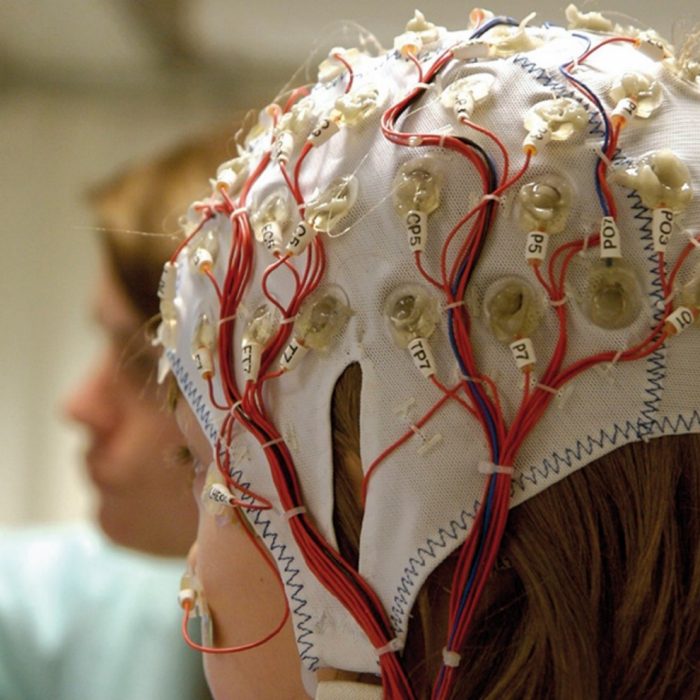Neuroscience

Explore the biology and behaviour of the nervous system
Neuroscience is the study of the nervous system, which is one of the last great frontiers of knowledge. Neuroscience research spans from molecules, cells and pathways, all the way up to complex human behaviour. Neuroscience integrates physics, chemistry and biology, with studies of anatomy, physiology and behaviour, including human emotional and cognitive functions.
Neuroscience has two primary goals:
- to understand and explain the physical basis of behaviour and consciousness
- to understand and treat diseases of the nervous system such as schizophrenia and Alzheimer’s disease
Neurological and mental disorders are amongst the biggest contributors to the burden of disease in Australia. Improved treatments and cures are of critical importance.
Career opportunities in neuroscience
You could pursue a career as a neuroscientist, medical technician or science communicator.
Neuroscientific research may focus on:
- understanding the human brain and how it regulates the body and behaviour, including giving rise to consciousness
- finding ways to prevent or cure neurological and psychiatric disorders
Neuroscientists use tools such as:
- antibodies and gene probes to identify proteins responsible for brain function
- fluorescent dyes to mark neurons and synapses with specific characteristics
- microelectrode arrays to study the activity of living neurons in real-time
- behavioural methods to study the processes underlying behaviour in humans and in animals
- computational models of neurons and their connections in the brain
Our programs
-
You can study neuroscience in the following undergraduate degrees:
- Bachelor of Advanced Science (Honours)
- Bachelor of Medical Science
- Bachelor of Psychological Science
- Bachelor of Science
Please note that while neuroscience is offered as a major in the above science programs, it's delivered by the School of Biomedical Sciences in the Faculty of Medicine & Health.
The neuroscience major will introduce you to the biological and behavioural aspects of the nervous system through the neuroscience courses offered by the School of Psychology and the School of Biomedical Sciences.
-
Gain research experience and enhance your career prospects with an honours degree. These programs are designed to connect your undergraduate study with supervised independent research. An honours degree also provides a pathway into further study, such as a Masters by Research or PhD. You can take honours as a standalone degree or as part of an embedded honours program.
Embedded honours programs
Standalone honours program
-
You can study neuroscience in the following postgraduate research degrees:
